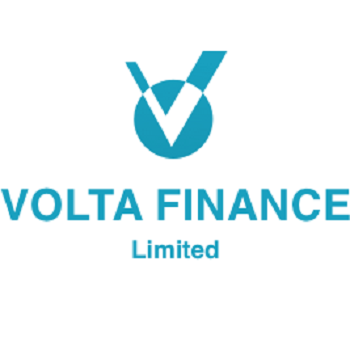Volta Finance Ltd (LON:VTA) has announced the appointment of Dagmar Kent Kershaw as an independent non-executive director, with effect from 30 June 2021.
Ms Kershaw is an experienced non-executive director, with over 25 years’ experience in financial markets, leading and developing fund management and alternative debt businesses. She headed Prudential M&G’s debt private placement activities, and launched its Structured Credit business in 1998, which she led for ten years. In 2008, she joined Intermediate Capital Group to head its European and Australian credit business including institutional funds, CLOs, direct lending and hedge funds. Since 2017, she has held non-executive positions and is currently a director of Brooks Macdonald plc and Aberdeen Smaller Companies Income Trust Plc, and a member of the Advisory Council of SVP Global (Strategic Value Partners, LLC). Ms Kent Kershaw holds a BA in Economics and Economic History from York University
Regulatory Disclosure
Ms Kershaw holds the following directorships of publicly quoted companies in the five years prior to the date of her appointment:
- Brooks Macdonald Group Plc
- Aberdeen Smaller Companies Income Trust Plc
There is no information concerning Ms Kershaw which is required to be disclosed pursuant to Listing Rule 9.6.13 R (2) to (6) inclusive.
Commenting on the appointment, Paul Meader, Company Chairman said “With the retirement of Paul Varotsis at the forthcoming AGM, we are delighted to welcome Dagmar to the board of Volta Finance. Not only does she have enormous experience in structured finance, she is also a highly experienced director. We greatly look forward to her contribution.”



